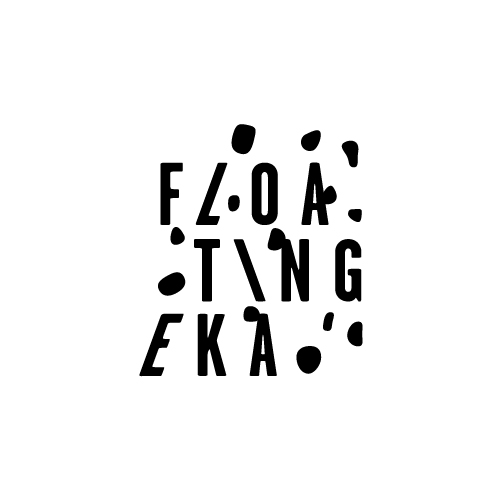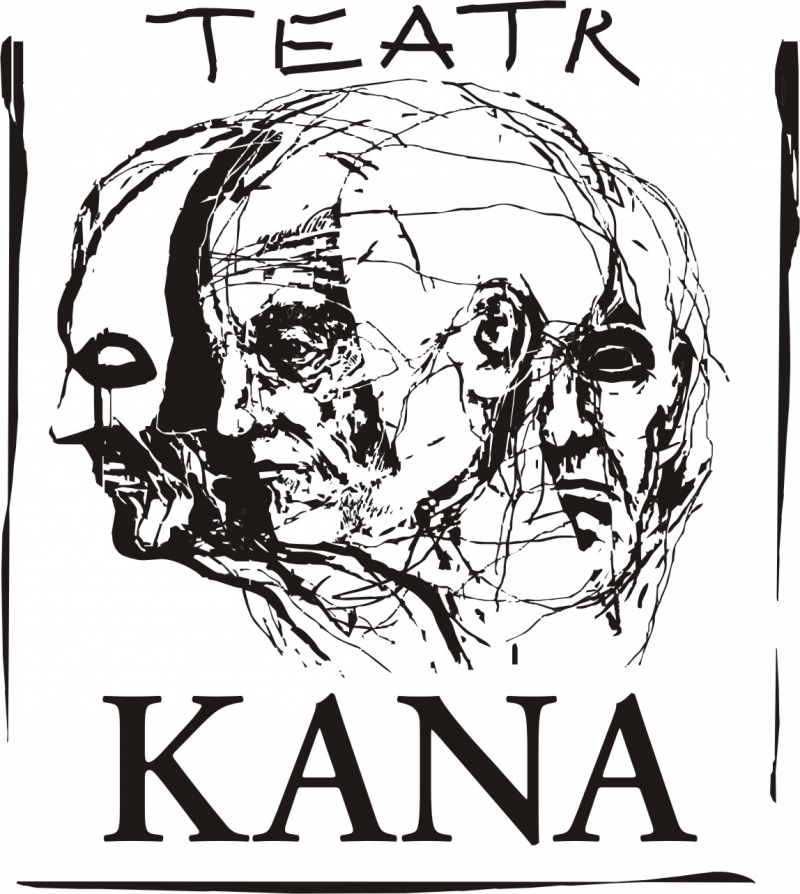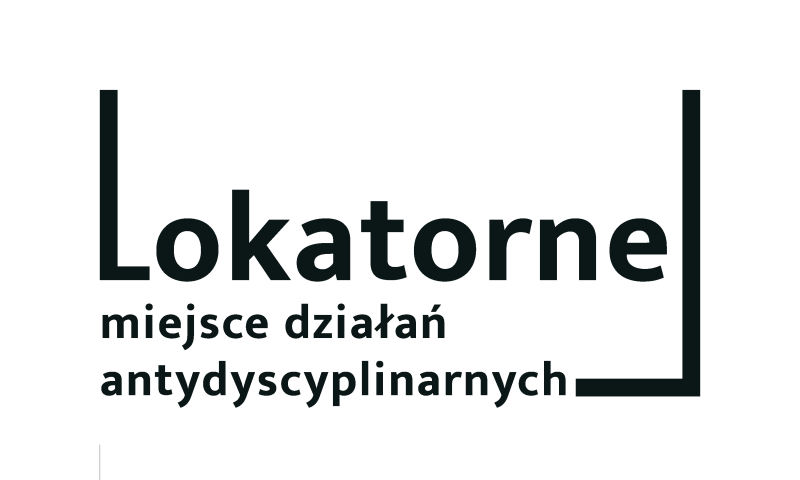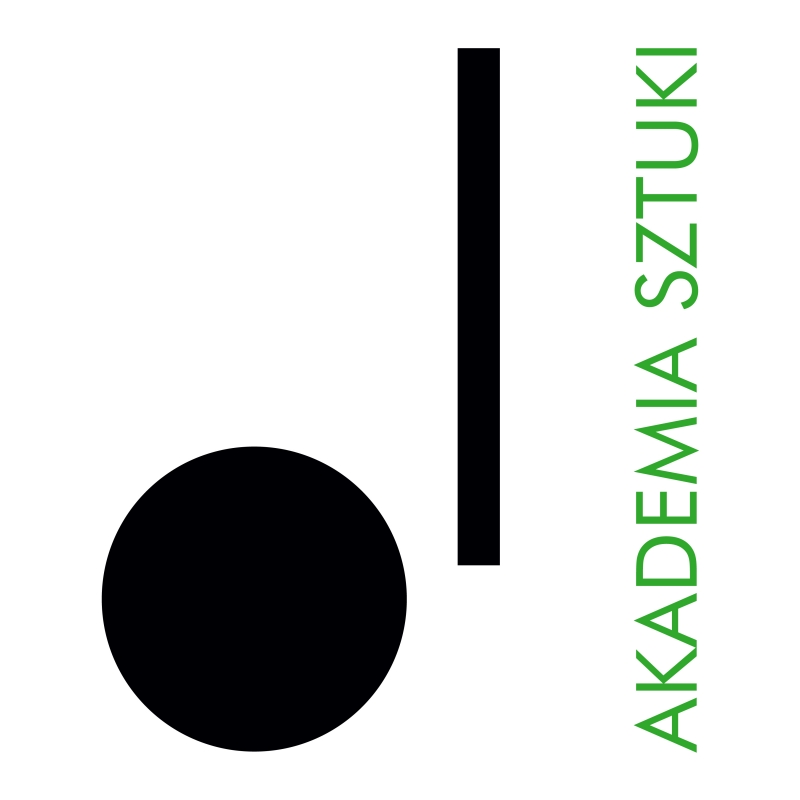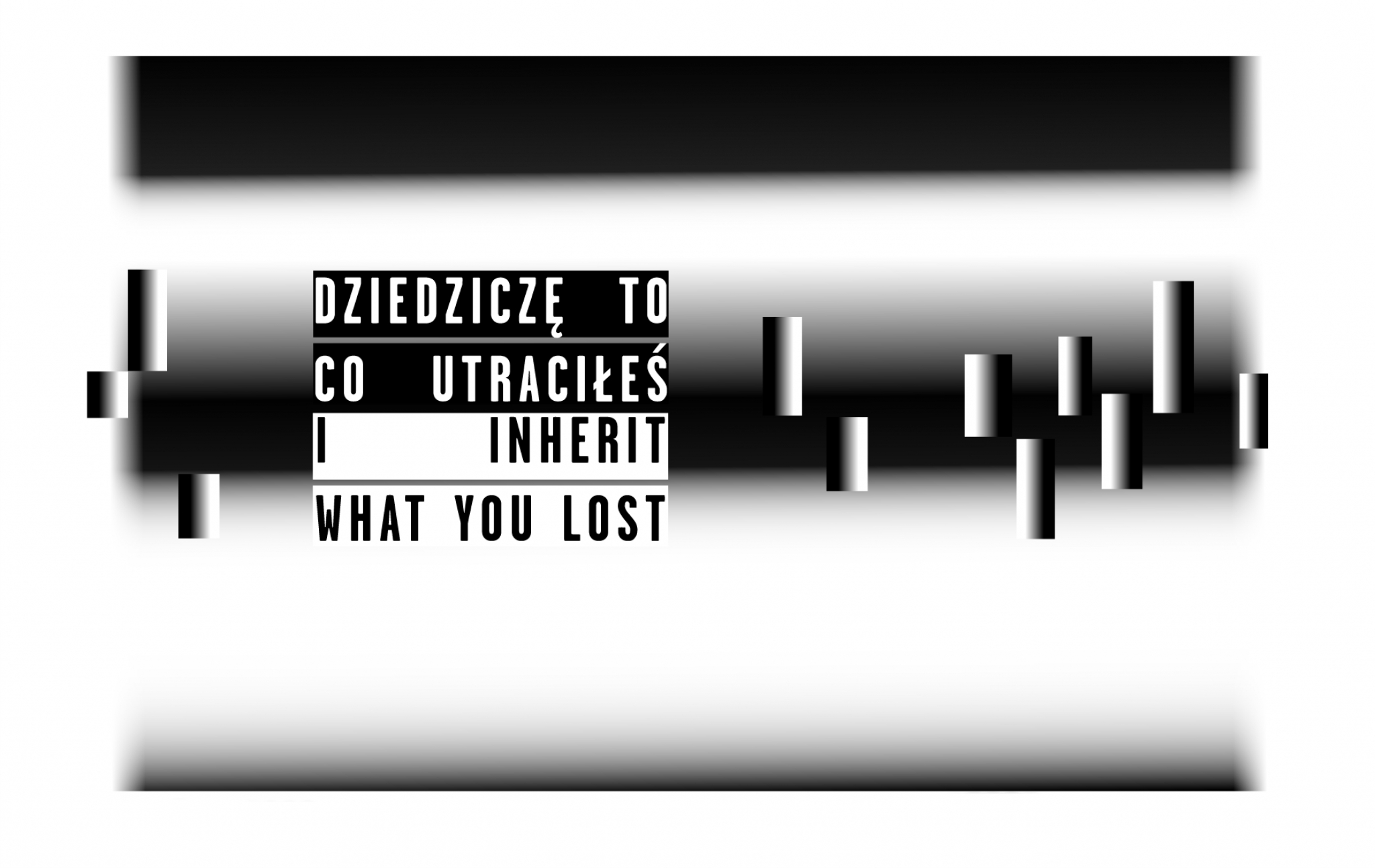exhibition / meetings / film screening
April 13
3:00 p.m.- 5:00 p.m. Vernissage of the exhibition: "I Inherit What You Lost"
LOKATRONE, ul. Bałuki 17
5:00 p.m. Film screening: “Najem Okazjonalny” [Periodic tenancy] by Weronika Fibich and Adam Ptaszynski.
Kana Theatre, pl. Świętych Piotra i Pawła 4/5
6:00 p.m. How to read the traces of ancestors? Meeting with Ala Goldblum-Elczewska (psychologist) and Erik Krasucki (historian) around the topic of heredity
Moderator: Weronika Fibich
Kana Theatre, pl. Świętych Piotra i Pawła 4/5
April 14
12:00 A walk through the city full of emptiness – Kinga Rabińska
(closed event)
3:00 p.m. - 5:00 p.m. Meetings and discussions with the artists from the coutries of the Eastern Partnership and Central Asia
LOKATRONE, ul. Bałuki 17
6:00 p.m. - 7:00 p.m. Finissage of the exhibition "I Inherit What You Lost"
LOKATRONE, ul. Bałuki 17
Exhibition: "I Inherit What You Lost"
The programme of the Szczecin exhibition and a series of meetings was inspired by the answer to the invitation of young artists from the Eastern Partnership and Central Asia to address the theme of inheritance and loss. For inheritance is both an element of physical space and a political mechanism, both a resource and a trauma. Individual, personal narratives enter into dialogue with official history and established geographies. By giving voice to the artists of these regions, the project opens up to the presence of different approaches and perspectives existing in a single time and space, rejecting the primacy of a “homogenous sequence of events conforming to the vision of the victors” , as Simona Škrabec wrote in relation to W. Benjamin's reflections On the Concept of History. Art becomes a tool to discover that part of the past which has been erased from official memory, and history becomes the sum of individual fortunes.
The themes dealt with relate to the universalisation of life in contemporary big cities, “imagined communities” (Brno-Tashkent), attempt to capture the process of transformation of the space and mentality of a traditional community (Armenia), refer to the struggle for political identity (Tatarstan). A separate group of issues is the reference to the area of culture, whether in the form of unwritten rules shaping society (North Caucasus), or mechanisms of eradication of language and history (Turkic peoples in Central Asia), deprivation of the right to statehood, or genocide (Uyghur refugees from China in Kazakhstan). There are also references to contemporary political tensions, forced emigration and physical and mental borders (Belarus, Armenia), or the issue of the post-German legacy, familiar to inhabitants of Szczecin (post-Soviet Kaliningrad).
Works in the media of photography and video, installation, object and painting are presented by artists from the countries of the Eastern Partnership and Central Asia, which for many of us involves the task of drawing our own imaginary geography of these parts of the world. Instead, the mechanisms of so-called big history turn out to be universal, just like art as a tool for individual, unfettered and attentive expression.
"I Inherit What You Lost” is a project accomplished by the Floating EKA Foundation in partnership with the Kana Theatre Centre, Lokatorne, the Academy of Art in Szczecin and Artivist Lab in Prague.
Film screening: “Najem Okazjonalny” [Periodic Tenancy] by Weronika Fibich and Adam Ptaszynski
The documentary film 'Najem okazjonalny' [Periodic tenancy] by Weronika Fibich and Adam Ptaszynski begins with a map, a reference to geography, and ends with a story, the potentiality of a constructed tale. For the time being, the refugee narrative reads like fiction, but it needs to be told, hoping that a readiness to accept it will emerge in time. The final scene of the drama is played by a chorus of three neighbours. And although it seems helpless, it opens up the field of interpretation and allows the exodus to resound in the manner of ancient tragedy: “it tends to be rugged ... divided into pieces ... it is the picking of a word to a word ... to create a story in time”.
How to read the traces of ancestors? Meeting with Ala Goldblum-Elczewska (psychologist) and Erik Krasucki (historian) around the topic of heredity
From our ancestors we inherit not only a table, books or a house - tangible values, but also intangible ones. We inherit genes and memory. Where are the emotional traces of past events recorded? How do we store them? What can be their manifestation? Encoded in genes, language is not always easy to read. Even if the history of a difficult experience has been forgotten or passed over in silence, this does not mean that traces of the event have not been written in us. It turns out that they can still remain alive many years later. We will talk about the transgenerational transmission of experiences with specialists Ala Goldblum-Elczewska, a psychologist, and Eryk Krasucki, a historian.
A walk through the city full of emptiness - Kinga Rabińska
Kinga Rabińska - animator and organiser of down-to-earth culture, storyteller of the city. A representative of the second generation born in the so-called Western Territories, she has been putting down her truncate roots there all her life. She has grown up with stories told and silenced, true and fictional. Alongside local history, she is interested in memory and its relationship to facts. She likes to discover the afterimages of places that people brought here with them and tried to recreate (or break with) and understand how what they found here (tangible and intangible) tacitly guided the processes of creating a new Place. She is interested in the moment of transition, when the foreign becomes the common and creates new identities.
Meetings and discussions with artists from the Eastern Partnership countries and Central Asia
As part of the open meeting, we will talk with the artists, experts and event creators involved in the project about how art can be included in the cycle of memory. Can the language used by artists help us breaking the continuity of the inheritance of traumas? We will reflect on the work undertaken by the project so far and its prospects for development as an attempt to build narratives about the difficult inheritance of what has been lost.

